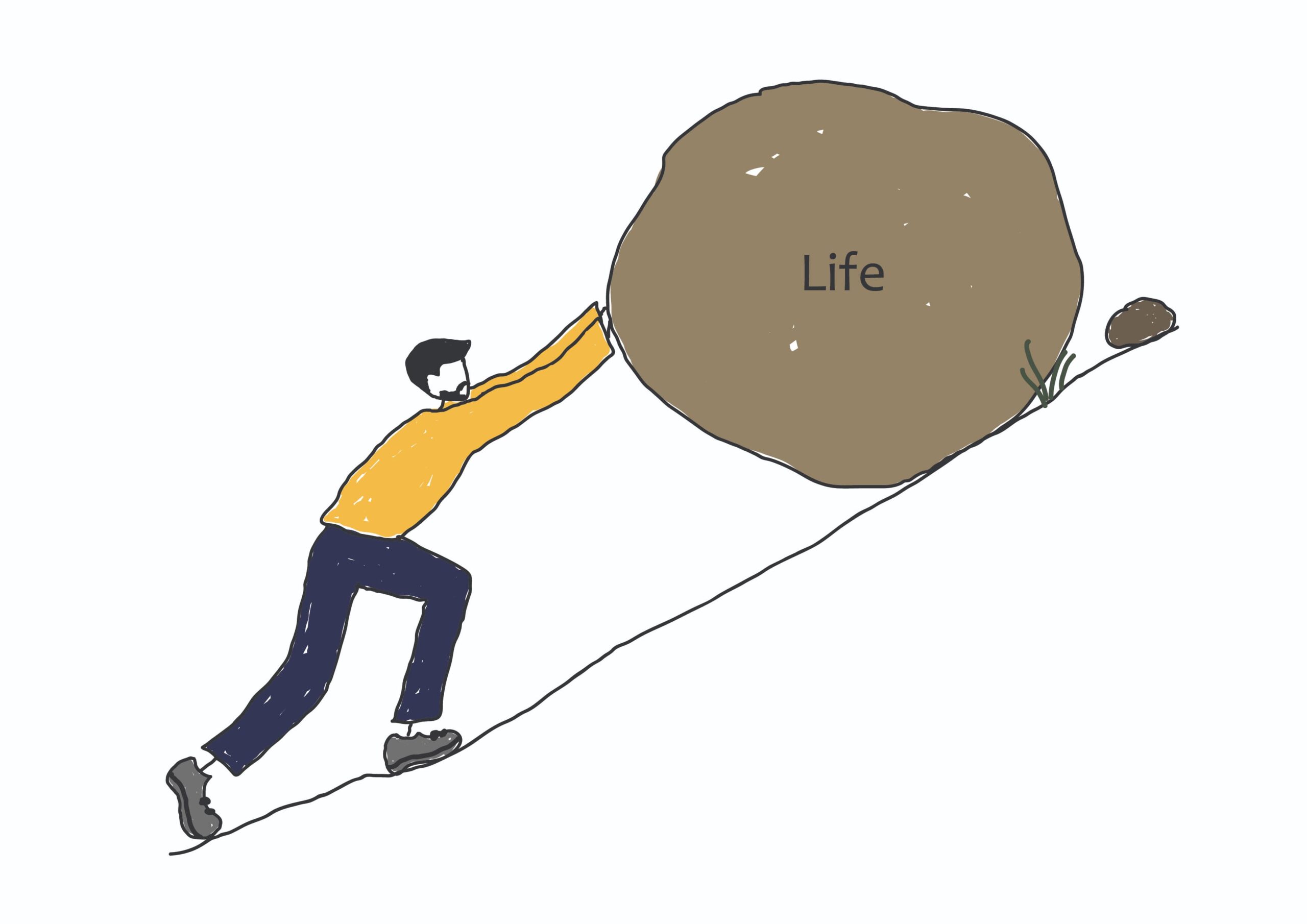
02 Sep In Praise of Hard Work: Studying Calculus to Doing the Dishes to Meditation
A recent tweet from Nat Eliason, shared by a knowledgeable friend, has helped me crystallise my thoughts around hard work. My professional life puts me in touch with many young individuals and I often observe them swaying towards activities that require lesser work and assure ‘better grades’ or a ‘tick on the resume.’
On numerous occasions, I have engaged in animated discussions with them about taking on more challenging courses. We debate the future benefits of studying calculus, trigonometry, and auction theory. I strive to encourage them towards more demanding choices, resulting in lively exchange regarding future life and the decisions we make.
Also Read: Get IBDP In One Of The Most Exclusive Boarding Schools In The World – On A Full Scholarship
I understand that the life of a student is much more challenging today than it was back in the day. They have to prove themselves outside academics and have a demanding social life. In their busy lives, the decision to do or not do something boils down to the relationship between effort and results. While we may want it to be more directly proportional for our kids, the youngsters sometimes veer towards the ones that are inversely so.
I do not blame them but the system that puts unreasonable focus on grades. Somehow, as a society we have started associating the worth of a student with the grades they achieve. How many times do we ask them about the work they are doing outside school or how they are engaging with a field of their choice?
Also Read: Personal Effectiveness: Your Mantra For Success
One standard response I have often received is the use of tougher concepts in real life or at work. Parents often side with their kids as they have not come across any situation that demands the use of logarithmic functions or game theory. What we fail to understand is that the issue is much larger than that.
It is more about making demanding choices, sticking by them and coming through the other end. It is an essential task of parenting to instil in children the value of hard work. In studying calculus, there is more to it than just utilitarian value in future careers. By delving into topics like that, you teach yourself the ability to comprehend abstract ideas and excel.
Careers no longer follow linear paths and workplaces are no more life-long associations. For our kids, unlearning and relearning will be an essential skill to succeed professionally. Working hard in the early stages of life will give them the confidence and mental agility to pivot as per the market need. Working hard also cultivates discipline and a strong work ethic.
What kind of hard work are we referring to? Does this encompass ‘menial tasks’ as well? In Indian society, we often fail to dignify labour. To learn this first hand, I took on one of the most despised household chores – doing the dishes.
I willingly assumed the responsibility of cleaning the kitchen at night, which involves the arduous task of washing dishes. Over the years, it has become my time to destress. I have developed my unique style and method of arranging vessels post-wash. Although not an activity I eagerly anticipate, I engage in it to conclude the day on a high (yes, high!). I find a deeper purpose in cleaning and meticulously attending to each item. Accompanied by my favourite music, I tackle the demanding task. Music aids me to overcome the drudgery and the repetitiveness of it.
Also Read: Fostering Resilience In Teenagers
Life is rife with paradoxes. We invest determined efforts into seeking comfort, ease and convenience, often spending excessive time in pursuit of these. This can exemplify missing the forest for the trees. Even in our personal lives, we acknowledge the value of exercises and meditation, yet we sometimes turn a blind eye.
By sheer serendipity, I discovered this during a Vipassana program. The concept of attending a silent retreat and devoting oneself to sitting cross-legged and meditating might not seem like hard work. How mistaken I was! Meditating for almost 10-12 hours a day is, firstly, a physical endeavour – accompanied by aching back, shoulders, and knees. I unearthed many neglected aspects of my body (naturally, I also delved into some recesses of mind too).
I am no different than everyone else in seeking an easier path. I remind myself that the more challenging route is likely the only one worth taking. I set small daily goals that involve tasks I’d rather avoid. I have discovered a few techniques to keep myself on track. Running became my choice for that reason. Presently, I am trying to learn swimming and practice daily meditation. It is not that I succeed every time, but I consistently strive to persevere.
At EduPeer, we can help you with all your college admission needs, from choosing the right country and subjects for you to college lists, resume building, interview preparation and much more. Book a free consultation by clicking on the button and filling in the details below.
